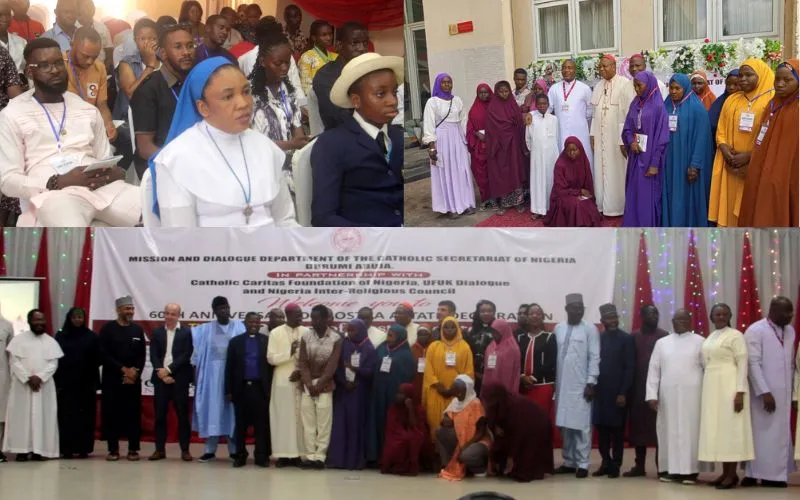Freetown, 28 May, 2025 / 2:39 pm (ACI Africa).
Members of Caritas Freetown in Sierra Leone have urged the people of God in the West African nation to take action in caring for the environment as they celebrate the 10th anniversary of the late Pope Francis’ Encyclical Letter “on care for our common home”, Laudato Si’.
In a Wednesday, May 28 statement shared with ACI Africa, the Executive Director of Caritas Freetown, Fr. Peter Konteh, reflects on the milestones of the 24 May 2015 Encyclical Letter, saying, “We observe this decade of reflection and action. We, members of Caritas, along with the Archdiocese of Freetown and the resilient people of Freetown, come together to renew our commitment to this vital mission.”
Fr. Konteh reminds the people of God in Freetown, where environmental degradation is rampant that the earth is a gift from God to be cherished and protected.
“For the members of Caritas and the Archdiocese of Freetown, this message resonates deeply especially as many vulnerable communities in Freetown face the harsh realities of climate change, environmental degradation, and poverty," he says, and adds, “Our faith compels us to see these issues not merely as environmental concerns but as moral and social challenges requiring our compassionate response.”
In the statement, the Sierra Leonean Catholic Priest acknowledges with appreciation Caritas members and the Archdiocese of Freetown for their efforts in promoting sustainable development, environmental awareness, and social justice through initiatives like community tree planting, waste management projects, and climate adaptation programs that he says have gone a long way in empowering the people of God in communities.





